In the last decade, extreme political and economic problems have agitated the Nigeria youth into rare activism. Political awareness, participation and nationwide protests are becoming normal parts of social reality in Nigeria. In 2023, a youth revolution almost caught fire, only to be doused after the Supreme Court victory of President Tinubu, following a disputed presidential elections. For many, the final outcome of the elections put a question mark on the effectiveness of youth activism judging from the outcomes of similar movements in some other countries and the fact that Nigeria appears to be declining further into many uncertainties.
Daily, citizens face rising inflation, inadequate infrastructure, and a lack of basic services, all of which contribute to a sense of despair and frustration. The youth, who represent 70% of Nigeria’s 220 million people (over 150 million), are particularly affected by these deteriorating conditions. As they watch their prospects for the future diminish, the urgency for change becomes more pronounced. But what is wrong with the Nigerian type youth activism?
Join our WhatsApp ChannelRise of the Nigerian Youth
Since 2019, Nigerian youths have become known for their increased activism, beginning with the occupy Nigeria of 2012, and then the general election campaigns and voting processes of 2015 and 2019. In 2023, a record 93.4% of registered voters were young people of voting age. INEC records showed that 84% of the voters were aged 18 to 34.
The youth were instrumental in advocating the passage of the “Not Too Young to Run” bill in the lead up to the 2019 presidential elections. During this period, they used rallies, seminars, and social media to raise awareness. As a result, the bill was signed into law by former President Muhammadu Buhari on 31 May 2018, reducing the age limit for youth candidacy from 40 to 35, 30, and 25 respectively for the president, governor, and the national assemblies. During the 2019 election, the youth made up 23% of those who contested for seats in the House of Representatives, while it was 9% for Senate.
The #EndSARS (End Special Anti-Robbery Squad) protest of October 2020 was further evidence of youth activism. Though many lives were lost, particularly on 20 October, when security personnel violently attacked the peaceful protesters, resulting in many deaths and injuries, the protest highlighted the power of youth activism.
The year 2023 was another watershed moment in the youth’s resolve to bring change through the ballot. Though the youth jostled for 28.6% of the position in contest, about 40% of registered voters were aged 18-34. In 2015, 2019 and 2023, septuagenarians, won the presidential elections, with less than 2% of the gubernatorial and legislative seats going to anyone considered as youth (18-40). Bola Tinubu, 71, won the 2023 elections, with the average age of the four top contenders being 69.5, somewhat far above the age of the youngest, Peter Obi, at 62 in 2023.
Additionally, the protest of 2024 was also tagged a youth revolution under the #EndBadGovernance banner, fuelled by rising living costs and calls for better governance. The revolution was inspired by the recent youth-led movement in Kenya and Bangladesh, echoing sentiments of the #EndSARS movement.
Is Youth Activism in Nigeria Dead on Arrival?
In all these, little has been achieved because the path forward remains complex. For instance, after the protest from 1 to 10 August, as of 19 August, 2024, petrol prices hit ₦1,000 per litre, with the black market selling at ₦1,200 in some areas, a great increase from ₦850 before the protest. Despite the protest, the situation has worsened, leading to continued dissatisfaction among citizens about government actions and policies.
The youth allege that police brutality, the use of the military, and thugs during elections, and ultimately the judiciary, stood in their way of the quest to bring change. For instance, the killings and injuries sustained during the #EndSARS protests in 2020 have instilled fear in the minds of many. Incidents of police brutality and extrajudicial killings have continued with little punishment for perpetrators. Also, after the results of the 2023 general election were announced, the youth began to suffer political oppression for challenging electoral malpractice, with many alleging that Nigeria’s elections are by selection, not by election.
What about political, ethnic, and religious inclinations? The intertwining of ethnicity and religion creates division among youth, often leading to mistrust and conflict. Political elites exploit these individuals for electoral gain, thereby making it difficult for the youth to unite around common goals because they dance to the tune of politicians by prioritising ethnic or religious identity over pressing social issues.
Youth against Youth
Aside the judiciary, the other mentioned groups attacking the youth, such as the police and the military, are mostly populated by young people. This is an important consideration when examining the challenges facing youth activism in the country. For instance, the deployment of the military to suppress protesters, as seen during the #EndSARS demonstrations, is often carried out by young soldiers against their peers in the activist movements.
READ ALSO: Irony: Rising Electricity Generation And Fear Of More Grid Collapse
Do the ordinary youth need a rapprochement with the security agencies? Given that most police and military personnel are also young Nigerians, engaging in constructive conversation can help bridge the gap between these groups. By fostering dialogue and collaboration, both groups can work together to advocate necessary change? Can the youth form a national front to confront these issues?
There are great benefits to a national youth front in Nigeria. By working together, young Nigerians can deal with the complications arising from political, ethnic, and religious polarization. Historically, the Nigerian Youth Movement (NYM) demonstrated that such collaboration can lead to meaningful change, so that today’s youths can look backward to learn from the achievements of the NYM to draw inspiration and forge a united front for a better future.
In the last protest, allegations were rife that the youth from some regions were being used by politicians against the government for ethnic interests. According to Ogun State Governor Dapo Abiodun, the 2024 movement could be sponsored by politicians seeking to regain power. Also, Damian Okeke-Ogene, the Vice-President of Ohanaeze Ndigbo, emphasised that the youth should be cautious of being used as instruments in political conflicts that serve the interests of certain leaders. This is among the reasons youth from the South-east and South-south regions refrained from the protests.
The Virus of Religiosity and Ethnicity
The youth revolt in the 2023 elections was also weakened by allegations of religious and ethnic interests. For instance, the rivalry between the supporters of the three major candidates—Bola Tinubu of the All Progressives Congress (APC), Atiku Abubakar of the People’s Democratic Party (PDP), and Peter Obi of the Labour Party—led to heightened ethnic tension as well as religious fanaticism. Youths from various regions were reportedly mobilised along ethnic lines, creating a “we and them” phenomenon. This particularly distracted from a cohesive youth movement advocating change. The efforts of the Labour Party to lead a youth revolution, through a national youth coalition was tagged an ethnic agenda, while the coinage, muslim-muslim ticket of the APC, attracted stiff opposition that cast the entire election in the light of religious intolerance.
There is Still Hope
The Nigeria youth must stand at a critical juncture in their fight for social justice and political reform. Despite the challenges they face, including police brutality, political repression, and religio-ethnic divisions, their activism has shown that they possess the power to influence change. The historical context of youth movements in Nigeria provides a roadmap for future actions, demonstrating that unity and collaboration can lead to meaningful progress.
To move forward, it is essential for Nigerian youths to engage in constructive dialogue with security agencies and to foster a sense of solidarity that transcends ethnic and religious lines. By forming a national front, they can effectively address the complex issues that hinder their progress and advocate the changes they seek.
As they continue to fight for their rights and the future of their nation, the resilience and determination of Nigerian youths will be crucial in shaping a better Nigeria for generations to come. The time for action is now, and the youth must seize this moment to reclaim their narrative and build a future that reflects their aspirations and dreams.
Dr Mbamalu is a Jefferson Fellow, member of the Nigerian Guild of Editors (NGE) and a renowned Publisher.
Dr. Marcel Mbamalu is a communication scholar, journalist and entrepreneur. He holds a Ph.D in Mass Communication from the University of Nigeria, Nsukka and is the Chief Executive Officer Newstide Publications, the publishers of Prime Business Africa.
A seasoned journalist, he horned his journalism skills at The Guardian Newspaper, rising to the position of News Editor at the flagship of the Nigerian press. He has garnered multidisciplinary experience in marketing communication, public relations and media research, helping clients to deliver bespoke campaigns within Nigeria and across Africa.
He has built an expansive network in the media and has served as a media trainer for World Health Organisation (WHO) at various times in Northeast Nigeria. He has attended numerous media trainings, including the Bloomberg Financial Journalism Training and Reuters/AfDB training on Effective Coverage of Infrastructural Development of Africa.
A versatile media expert, he won the Jefferson Fellowship in 2023 as the sole Africa representative on the program. Dr Mbamalu was part of a global media team that covered the 2020 United State’s Presidential election. As Africa's sole representative in the 2023 Jefferson Fellowships, Dr Mbamalu was selected to tour the United States and Asia (Japan and Hong Kong) as part of a 12-man global team of journalists on a travel grant to report on inclusion, income gaps and migration issues between the US and Asia.

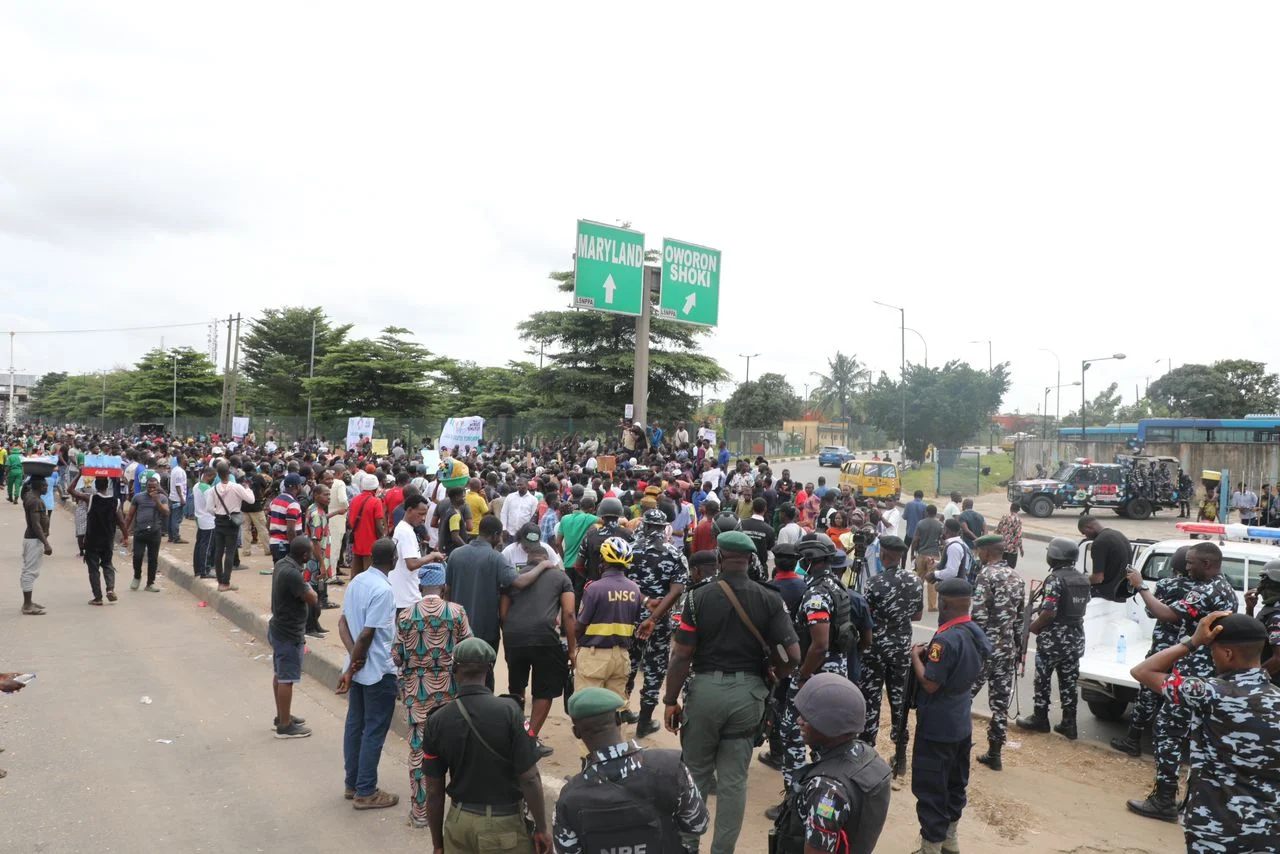



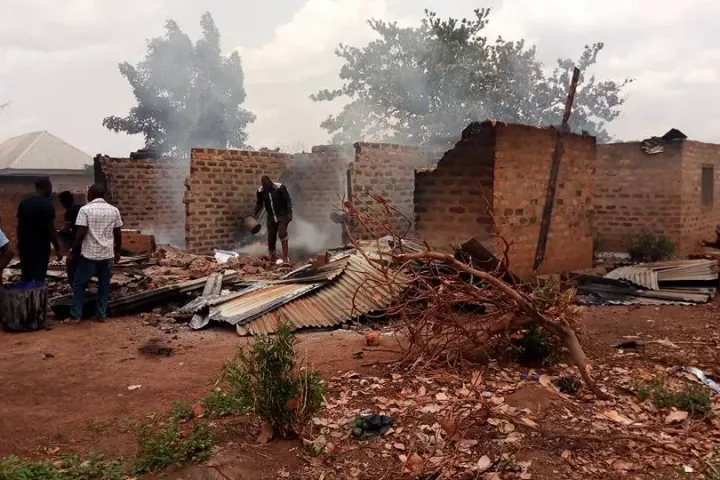
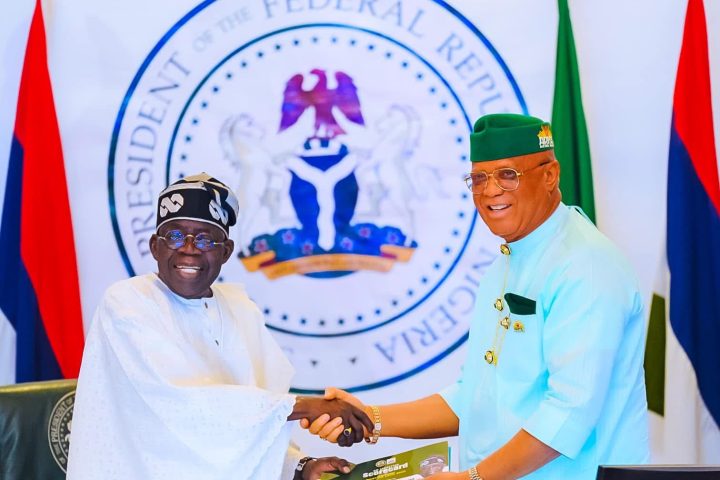





![Breaking: Tinubu Returns To Abuja After Europe Trip [Photos]](https://www.primebusiness.africa/wp-content/uploads/2025/04/Tinubu-returns-to-Abuja-Pohotos-2-150x150.jpeg)



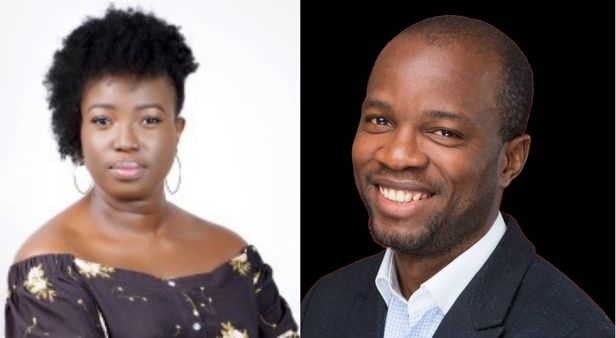
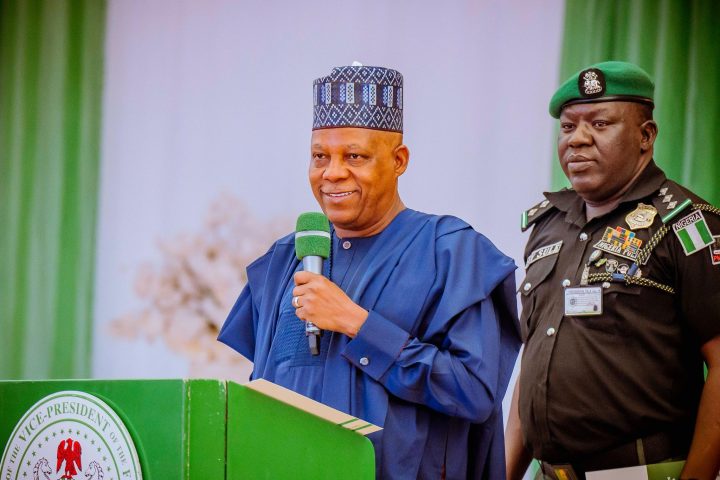
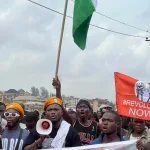
Follow Us